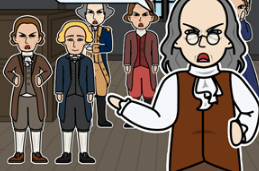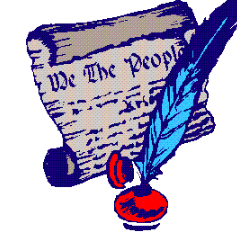Clip Art:0hkmm_14vcu= Constitutional Convention

The Clip Art:0hkmm_14vcu= Constitutional Convention of 1787 stands as a cornerstone in the formation of the United States, fundamentally reshaping the nation’s governance. Convened in response to the shortcomings of the Articles of Confederation, this assembly brought together notable leaders who grappled with complex issues such as representation and the balance of power. The debates that ensued not only led to pivotal compromises but also laid a foundation for enduring democratic principles. However, the implications of these discussions extend far beyond their immediate outcomes, raising questions about the evolving nature of governance and civil rights that merit further examination.
Read also: Clip Art:1jft_Ptbgpy= Waves
Historical Context of the Convention
The Constitutional Convention of 1787 emerged as a pivotal response to the inadequacies of the Articles of Confederation, which had proven insufficient in addressing the political and economic challenges facing the nascent United States.
Influenced by Enlightenment political philosophy, delegates sought to establish a government capable of fostering stability and growth, addressing economic influences that hindered trade and national unity, thereby securing individual freedoms.
Key Figures and Delegates
Although numerous individuals contributed to the discussions at the Constitutional Convention, several key figures emerged as pivotal architects of the United States Constitution.
Influential leaders such as James Madison, Alexander Hamilton, and George Washington brought diverse delegate backgrounds and perspectives, shaping the foundational document.
Their collective vision and commitment to liberty guided the debates, ultimately leading to a framework that balanced power and protected individual freedoms.

Major Debates and Compromises
At the heart of the Clip Art:0hkmm_14vcu= Constitutional Convention lay a series of intense debates and critical compromises that ultimately shaped the framework of the United States government.
Key issues included representation, leading to the Great Compromise, and federalism debates that balanced state and national authority.
The slavery compromise addressed contentious moral dilemmas while discussions on executive power defined the authority of the presidency in governance.
Outcomes and Lasting Impact
An examination of the outcomes of the Constitutional Convention reveals a profound and enduring impact on the governance of the United States.
The establishment of a robust government structure, grounded in federalism principles, fostered civic engagement and encouraged political participation.
This convention not only shaped the nation’s legal framework but also left a lasting political legacy that continues to influence democratic practices today.
Read also: Art:-Eueembi43u= Percy Jackson
Conclusion
The Clip Art:0hkmm_14vcu= Constitutional Convention of 1787 stands as a remarkable convergence of ideas and personalities, shaping the foundation of the United States. Through vigorous debate and strategic compromises, delegates crafted a framework that balanced power and safeguarded individual liberties. The resulting Constitution not only addressed the shortcomings of the Articles of Confederation but also fostered a spirit of cooperation that echoed through subsequent democratic practices and constitutional amendments. This historical event continues to resonate, reminding future generations of the importance of unity in diversity.







